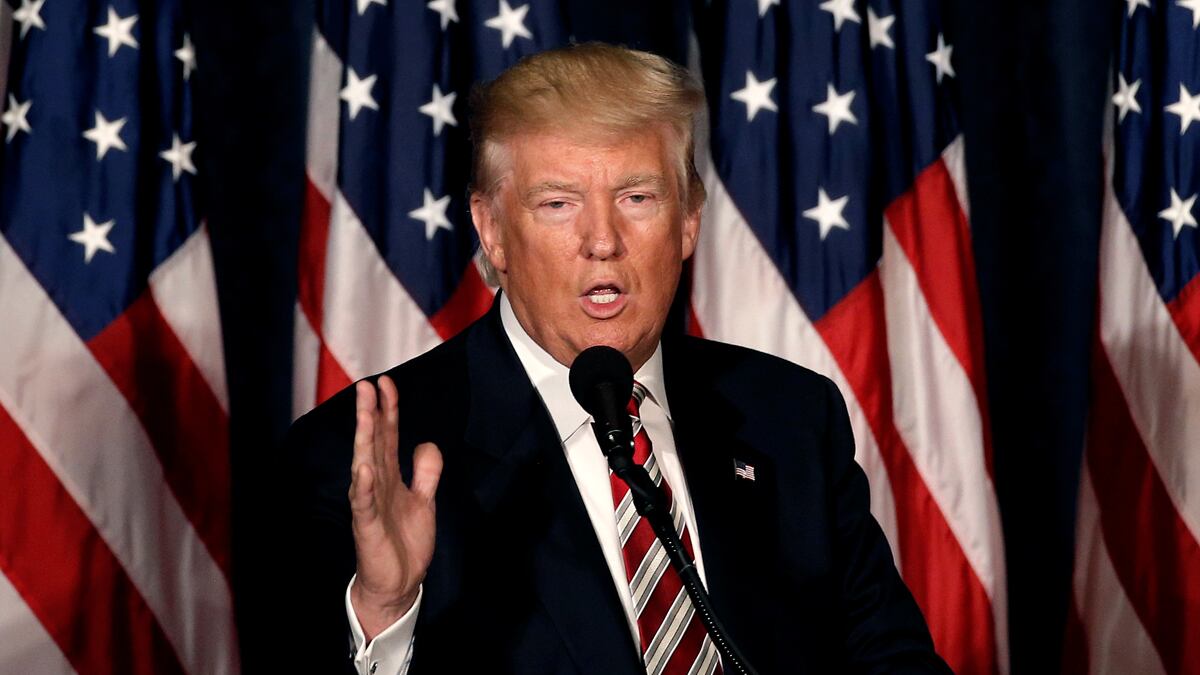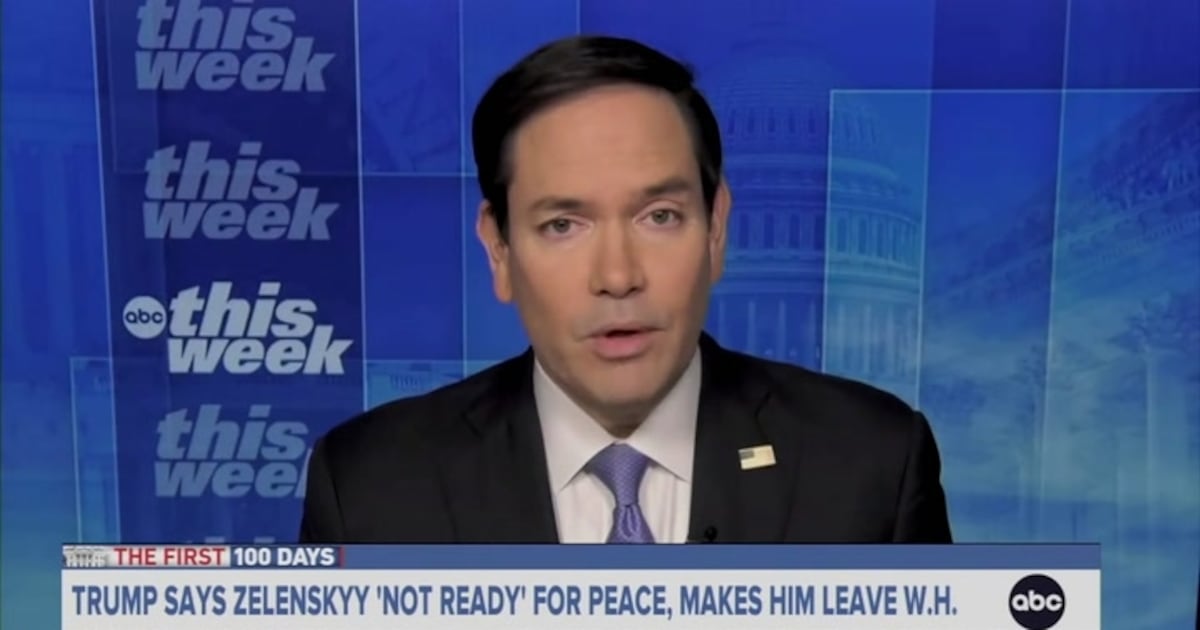The Dodgers’ great manager Tommy Lasorda believed that leadership was like holding a dove: “You hold it too tightly, you kill it; you hold it too lightly, you lose it.”
Donald Trump also has a theory of leadership: Be more like Vladimir Putin.
At NBC’s Commander-in-Chief Forum, The Donald offered up his latest love letter to Vlad, declaring that he’s “been a leader far more than our president [Obama] has been,” praising his “great control over his country” and his totally organic 82 percent approval rating.
This, of course, is odd behavior from the nominee of the historically hawkish, anti-communist Cold Warrior party. But we’ve become accustomed to inanity and insanity this campaign. So it wasn’t a total surprise when Trump’s hostage/VP nominee Mike Pence doubled down on The Donald’s defense of Putin, telling CNN “I think it’s inarguable that Vladimir Putin has been a stronger leader in his country than Barack Obama has been in this country.”
Given that this duo hopes to lead our country, it’s worth digging a bit deeper into just what they mean by leadership. The unfavorable contrast between President Obama and Vladimir Putin has been a recurring riff on the far right in recent years. In 2014, Sarah Palin offered up one of her classic nut-burgers in praise of Putin: “People are looking at Putin as one who wrestles bears and drills for oil. They look at our president as one who wears mom jeans and equivocates and bloviates.” Paleo-con Pat Buchanan was barely more coherent when he declared: “[Putin] is seeking to redefine the ‘Us vs. Them’ world conflict of the future as one in which conservatives, traditionalists, and nationalists of all continents and countries stand up against the cultural and ideological imperialism of what he sees as a decadent West.”
It seems safe to assume that Donald Trump’s attraction to Putin isn’t ideological. Nothing he does is ideological as much as instinctive and opportunistic. It’s about something much more basic: Some people confuse strong leadership with tough-guy thuggery. There have always been people in this world who get weak-kneed at the first whiff of authoritarianism. They think that the bullying bluster of self-styled strongmen makes them great leaders. They mistake heat for light.
The Founding Fathers warned about the danger of this “strongman” school of leadership since the earliest days of our democracy. Alexander Hamilton cautioned, “There are seasons in every country when noise and impudence pass current for worth; and in popular commotions especially, the clamors of interested and factious men are often mistaken for patriotism.”
“Noise and impudence” is certainly one way to describe The Donald’s campaign style. Its nationalist, know-nothing appeal is emotional. Especially in times when people feel out of control—for example, when the forces of globalization are shaking every old tribal certainty—some folks gravitate to the guy who is strong and wrong. They are soothed by tough-guy theatrics that divide the world into us against them. They take comfort in the bully because they believe he’s got their back. Of course, bullies are scared and self-interested creatures themselves and they have no friendships, only interests.
John Adams argued, “without the great political virtues of humility, patience, and moderation… every man in power becomes a ravenous beast of prey.” But humility, patience, and moderation are emotionally unsatisfying for people who need to feel the overwhelming force of power to believe its real.
Governing often requires dealing in gray areas, principled compromises that achieve a greater good. Particularly in geopolitics, it requires a balance between hard power and soft power. From Ike to George H.W. Bush to Bill Clinton and Barack Obama, this wisdom is sometimes mistaken for weakness.
Extremists prefer the “ravenous beast of prey” approach. In a frightening world, thugs believe that raw power is the only way to get respect and terror is a tactic to that end. Putin learned it from the KGB. Trump learned it, at least in part, from his McCarthyite mob lawyer Roy Cohn: “Always attack, never apologize.”
In this world of dark animal spirits, it’s no surprise that Trump is so charmed by Putin, expressing schoolboy delight in being called “brilliant” by the Crimea-annexing, journalist-killing, democracy-manipulating, would-be dictator. He is a fellow traveler, an egotist who respects strength more than ethics and believes that the end justifies the means.
Because the thug theory of leadership is built on fear masked by playing offense, its foundation is unstable and inevitably breaks down. Sometimes this comes in the form of buffoonish corruption or the kind of hysterical self-regard that leads to bare-chested, bear-wrestling photo ops.
In Candidate Trump’s case, the cracks are already showing. His argument for the presidency boils down to the idea that because he seems like a successful businessman, he’ll be a great president. But in the extended audition that is a campaign, Trump’s executive mantra about hiring great people has been fatally undercut by the perpetually chaotic state of his operation, impulsively replacing campaign managers in late-night palace coups and replacing them with hyperpartisan Svengalis and conspiracy entrepreneurs with no campaign experience. So much for hiring great people. So much for achieving great results.
Of course, every strongman has their sycophants. Some are true believers and others are just opportunists. But a thousand surrogates doing their best Baghdad Bob impersonations, desperately spinning a disaster and defending the indefensible, can’t erase the stain of this campaign.
Comparing an American president unfavorably to a Russian autocrat is only a symptom. The real sickness lies at the heart of the thug theory of leadership: If you believe that most people are motivated by fear, rather than hope, it causes you to have contempt for democracy—and that can be contagious.






